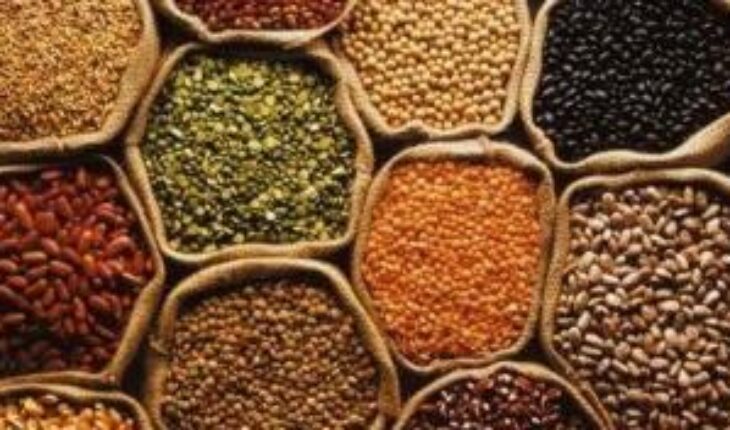NEW DELHI: To meet the perennial shortfall of pulses, India on Friday sought the cooperation of BRICS nations to grow the crop in member-nations which would also help in improving their soil fertility and ameliorating malnutrition.
“India would like to seek cooperation from member countries in helping to meet our production shortfall in crops like pulses and oilseeds,” Agriculture Minister Radha Mohan Singh said, while addressing the 6th meet of BRICS Agriculture Ministers here.
The minister also endorsed scrapping of agri-export subsidies, as agreed at WTO’s ministerial meeting at Nairobi.
A joint declaration issued at the end of meeting also accepted India’s position. “We acknowledge the importance of the multilateral trade system as a means of promoting global trade. In this context, we welcome the outcomes of the WTO 10th ministerial conference at Nairobi in December 2015, especially as regards the elimination of agricultural export subsidies,” the declaration said. The BRICS bloc said it recognised “the importance of the conclusion of the Trade Facilitation Agreement (TFA) ratification process for perishable food trade.” At the Nairobi meeting, the WTO members had agreed on a timeline for elimination of export subsidies, while at the Bali ministerial meeting in December 2013, the members had agreed on TFA for removing trade barriers This will offer business opportunities for other BRICS countries, which could be tapped through innovative models such as contract farming, leasing surplus land as well as through stepped up production and conventional trade to meet India’s requirements, he said. Meanwhile, stating that BRICS have ample scope of cooperation in agriculture trade, Agriculture Minister Radha Mohan Singh Singh said: “We should work together to enhance trade among our countries by resolving market access issues through suitable institutional mechanisms.” He also said India was encouraging higher investment in agriculture both by public and private sectors. India has a huge supply-demand gap in pulses and edible oils and depends heavily on imports. The widening gap in pulses’ production due to drought in the last two years had put pressure on retail prices, prompting the government to take various steps to boost domestic supply.–PTI






